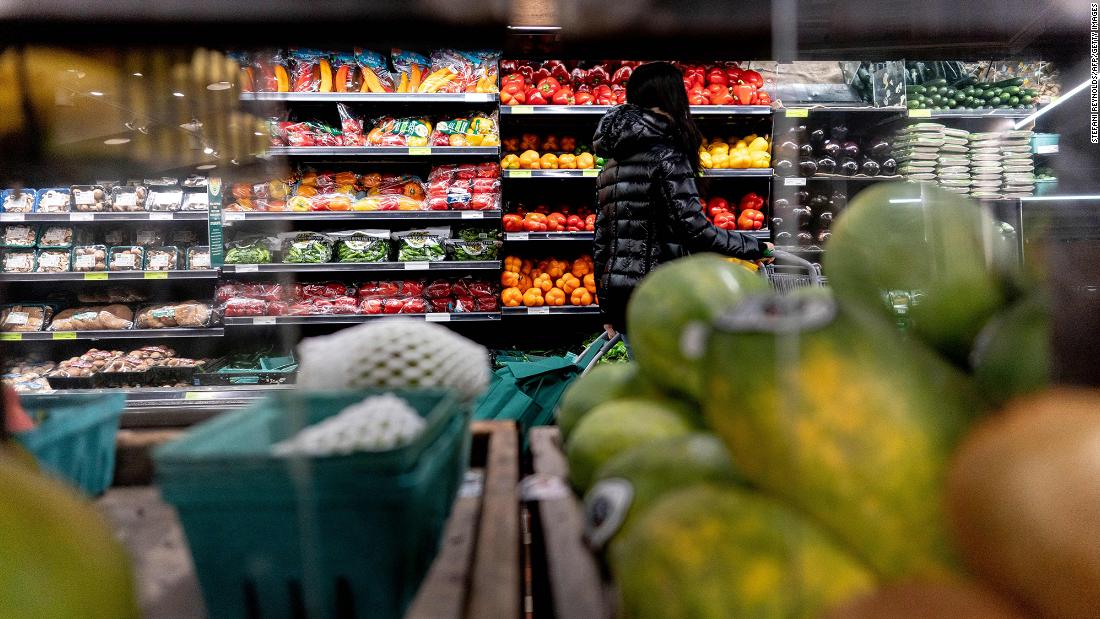This key measure of inflation climbed at the fastest pace since 1982 last month
Stripping out food and energy costs, which tend to be more volatile, prices rose 5.2% over the same period. It was the fastest advance since April 1983.
For the month of January, prices rose 0.6%, or 0.5% excluding energy and food, in line with economists’ predictions but at a faster rate than in the month prior.
The geopolitical developments are affecting energy prices, which in turn are one of the biggest contributors to inflation. Sky-high gas prices could hurt consumer spending and might mean the central bank wants to tread carefully in reining in inflation.
“Despite the war in Ukraine, the Fed is going to be forced to raise interest rates next month and they will have pressure to raise rates and/or reduce their balance sheet at the same pace or quicker than would have been the case had Russia not invaded Ukraine,” said Chris Zaccarelli, chief investment officer for Independent Advisor Alliance, in emailed comments.
Flat incomes, but rising prices
Friday’s Commerce Department data shows that January wasn’t pleasant for Americans. While incomes didn’t budge, prices — and therefore spending — rose.
It was the worst month for personal incomes since September, when they actually declined. Disposable, or after-tax, incomes inched up by 0.1%, also the worst performance since September. To sum it up, Americans didn’t have a lot of extra dollars in their wallets at the start of the year.
While incomes stayed mostly flat, the personal savings rate fell, dropping to 6.4%, compared with 8.2% in December.
Spending still rose: The report showed that consumer purchases rose by 2.1%, reversing a downtrend from December. January was the best month for spending since March last year.
In principle, this is good news because the economy needs consumer spending to be strong to recover. The rising prices for goods and services are a big part of the story: Even if people buy the exact same things as they did a year ago, their bills are now higher.
On Friday, the University of Michigan’s final look at February sentiment revealed a small uptick from the initial data, but it wasn’t enough to change the message: Americans have not felt this pessimistic about the economy in a decade.
“The February descent resulted from inflationary declines in personal finances, a near-universal awareness of rising interest rates, falling confidence in the government’s economic policies, and the most negative long-term prospects for the economy in the past decade,” said Richard Curtin, chief economist of the Survey of Consumers, about the data.
For all the latest world News Click Here

